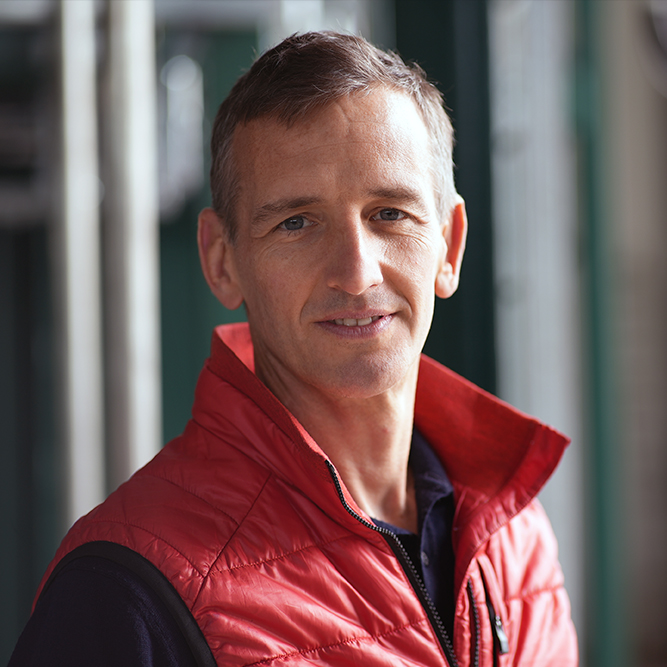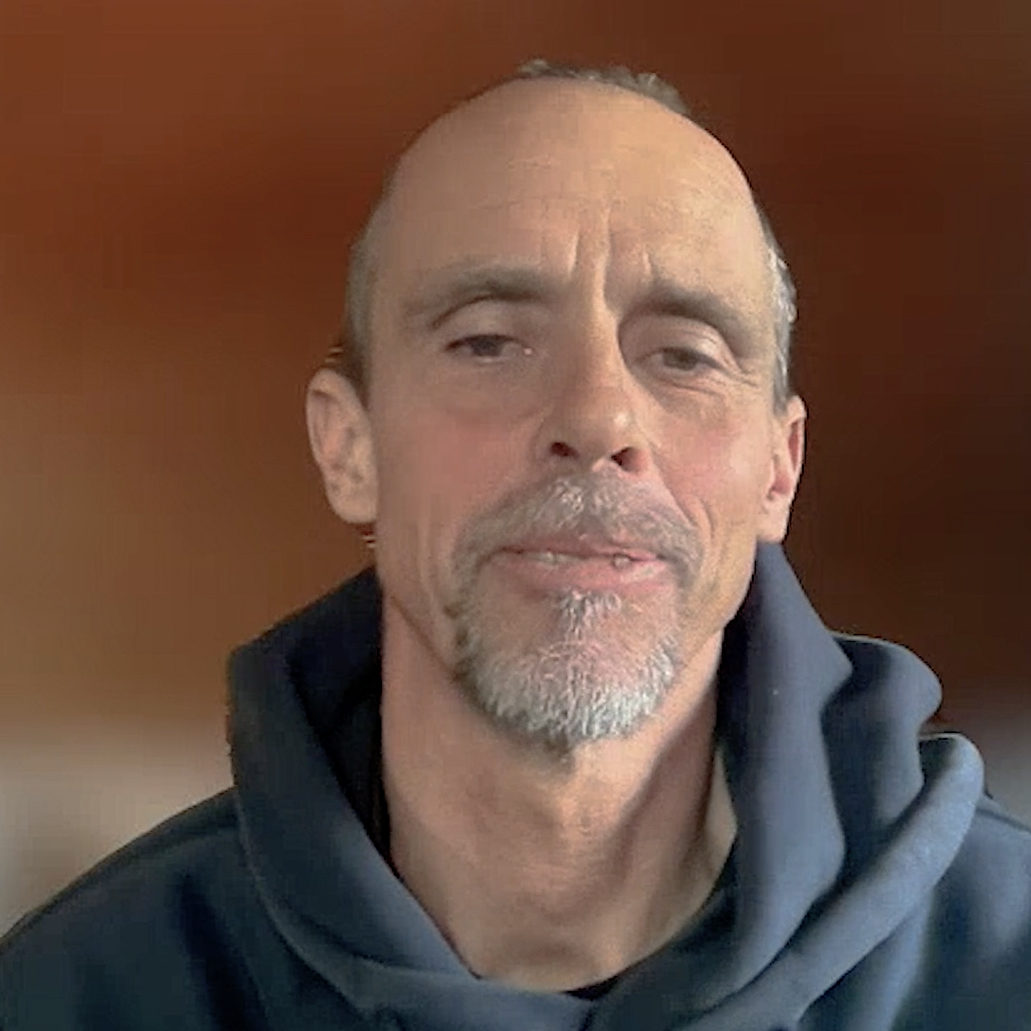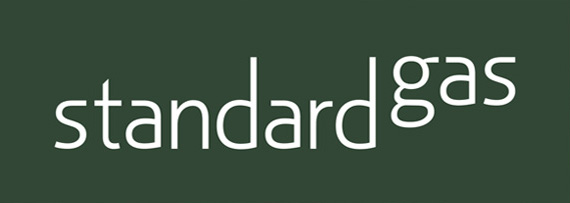Carbon Recycling, Standard Gas’ technology, and Carbon Markets and Policy
Podcast 3, Episode 2
In the second episode of our latest Podcast, Standard Gas Director and Co-Lead for Carbon, Richard Jackson, and Hans-Peter Schmidt, Head of the Ithaka Institute for Carbon Strategies, discuss Carbon Recycling, dip into the detail of Standard Gas’ pyrolysis and gas cracking process, and touch on Carbon Market development and the role of Policy in driving towards Net Zero.
With environment journalist Gill Williams asking the questions, Hans-Peter suggests there’s a need to pursue Carbon Recycling to reduce our reliance on virgin fossil fuels. Richard describes Standard Gas’ transformational and decarbonising energy-from-waste technology, highlighting its ability to process a wide range of feedstocks, from biomass, through mixed waste, to sewage sludge. He notes the technology’s potential to neutralise some hazardous wastes including PFAs.
Together, Richard and Hans-Peter also explore the extent to which regulation could and should drive environmental change in terms of developing and extending Emissions Trading Schemes and Carbon Markets. They conclude with their thoughts on the need for strict verification of Carbon Removals and Offsets.
TRANSITION TO NET ZERO WITH OUR CARBON-REMOVING TECHNOLOGY
Carbon Negative Energy: Each year, a single SG100 plant can generate up to 40,000 MW hours of carbon-negative power, enough for around 10,000 homes, offices or commercial properties, as well as for the transportation sector and wider industry.
Carbon Reduction: It will remove up to 25,000 tonnes of CO2e – equivalent to the annual carbon emissions of 5,000 cars. With electrolysis, a plant processing biogenic waste will generate over 650 tonnes of green hydrogen. And the SG100 closes the waste management loop, offering a better low carbon alternative to landfill and incineration.
Carbon Capture: TheSG100 technology also generates ‘biochar’ and ‘carbon char’, a black, granular, dust-like co- product that can be sequestered in valuable agricultural, environmental, and industrial applications.




